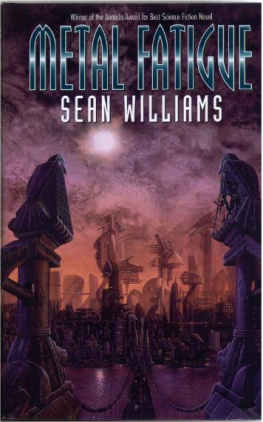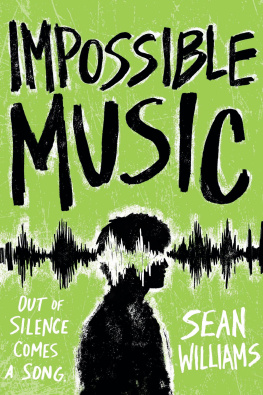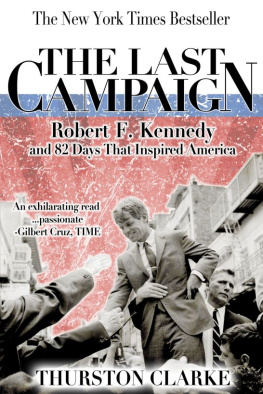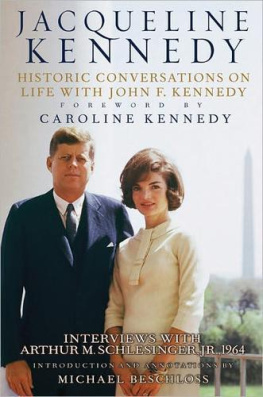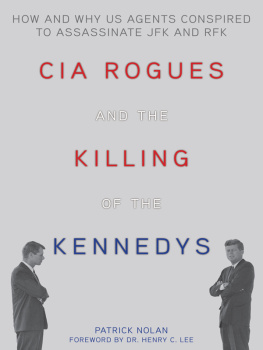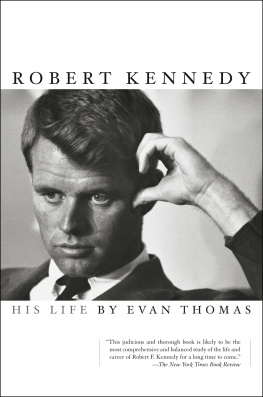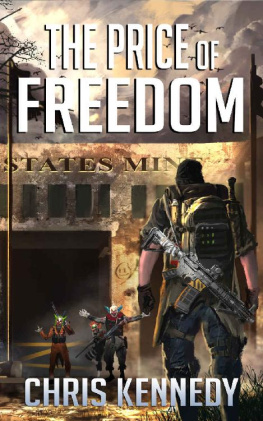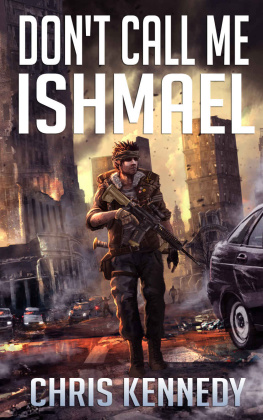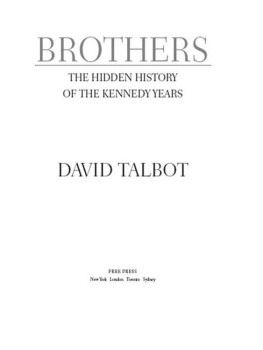Sean Williams
Metal Fatigue
In memoriam
Harold Alwin Schiller 1903-1983
David John Williams 1942-1995
The author would like to thank the following peoplefor their help during the preparation of this novel: Bill Congreve,Shane Dix, Bill Gee, Jeff Harris, Phillip & Jo Knowles, KellyManison, Peter McNamara, Sputnik, Nick Stathopoulos, Jonathan Strahan,Louise Thurtell, Damien Warman and Juliette Woods.Some sections of this novel are loosely based on the short story"Robbery, Assault and Battery", published in Nemesis #17 (March, 1992).
"Each culturecasts its own shadow, a shadow which is a perfect description of itsown form and nature. The shadow which our technological civilisationcasts is that of Lilith, 'the maid of desolation' who dances in theruins of cities. Now that we have made a single polluted city of theentire world, she is preparing to dance in the ruins of our planetarymegalopolis."
William Irwin Thompson
The Time Falling Bodies Take To Light
Product Details
- Hardcover: 400 pages
- Publisher: Swift Publishers Ltd (August 4, 1999)
- ISBN-10: 1874082294
- ISBN-13: 9781874082293
PART ONE: THOU SHALT NOT STEAL
PRELUDE
Friday, 14 September, 2096, 11:15 p.m.
"I am Lucifer," said the voice.
He woke with a start, and opened his eyes.
The room was lit by second-hand streetlight, anindistinct, yellow haze which spilled through the curtains and lappedat the damp-stained walls. The curfew had not yet fallen, which placedthe time at before twelve o'clock; still, the faint electric light wasnot quite enough to fully dispel the night. Shadows crowded about thebed, whispering black secrets in the distant voice of the city.
He sat up, letting the sheet slip from hisshoulders to his lap. The humid air, stirred by the sudden movement,brushed the rigid bulges of his muscles with the electric caress of anapproaching thunderstorm. The woman beside him snuffled to herself androlled over. There was a subtle tension in the air, an expectant pause,a moment waiting to be filled.
He listened ...
People stirred in the buildings around him: someonescreamed, another laughed, a third raised her voice in anger. A nearbycouple made love with abandon, oblivious to his prying, sensitive ears.Far away, the languid tongue of the river licked its lips and tastedthe rotten teeth of Patriot Bridge.
When the voice spoke again, it did so without soundor expression. It whispered directly into his mind a second time, "I amLucifer," then fell silent again, waiting.
He closed his eyes, concentrated, and visualised areply, parcelling the soundless words into a bundle of electric thoughtand hurling it outward into the night.
The response was instantaneous: "Remember your duty."
He slid from beneath the sheet and stood upright.In profile and near-darkness, his naked body was sexless andsmooth-skinned. His chest and shoulders were massive, and his limbsgifted with both power and grace. His poise balanced, trembling, on thebrink of blinding motion.
He remained that way for some time frozen,indecisive, reluctant to commit himself to any course of action untilmovement through a part in the curtains caught his pinprick eye.Leaning closer to the window, he peered out and down at the emptystreet below. As he watched, a shadow moved, stepped onto the litteredroadway and into a wash of streetlight.
The man stood a full foot shorter than he, withwide shoulders and a wrestler's build not yet soft with age. Recedingmouse-brown hair exposed a high, proud forehead and generous ears. Athick moustache bristled beneath the snub nose, lending the man an airof familiarity that defied the best efforts of his memory. He mighthave seen this man somewhere before, although he wasn't sure where.
It didn't matter. The man, whoever he was, wasirrelevant. Curiosity had been carefully bred out of him, replaced withan inescapable compulsion to obey orders.
There was something about the man's silentwatchfulness, though, that made him nervous. Something indefinablywrong. The man was so still, he hardly seemed to breathe ...
The woman stirred again, not quite awake. Her voice was muffled by sleep. "Cati?"
He turned away from the window. The blackness ofher hair formed a puddle on the pillow, a pool of darkness deeper thanthe shadows. Reaching down with one massive hand, he touched herreassuringly on the shoulder. The trembling of his fingertips eased ashe gently caressed her soft skin, even when the voice called a thirdtime. She was Sanctuary in a world he could not begin to understand,queen of a haven called Peace; he would protect his Sanctuary every wayhe could, even if it was his own nature that threatened her.
Slowly, her breathing deepened, became more regular, until she finally returned to sleep.
He went to the bathroom, where he would not disturbher further, and opened his mind to the insistent touch of the one whocalled himself Lucifer.
When curfew fell at midnight, he was leaping fromrooftop to rooftop high above the streets, hunting. And the silent manwho had stood on the street under his window had long since disappeared.
CHAPTER ONE
Saturday, 15 September, 1:25 a.m.
From the outside, it looked like an emptywarehouse: its doors had rusted shut; its windows were broken andboarded up; its roof was slowly caving in.
Kennedy Polis had many such buildings. Once, sixdecades past, swift, solar-powered ferries had shunted back and forthalong the river, bringing with them trade goods from nearby towns. Thewarehouses had been full, then, and business brisk. Kennedy had shonelike a jewel in the North American Model City Project's crown.Completely free of petrochemical fuels, self-sufficient except for afew basic raw materials and equipped with the latest reclamationtechnologies, it had symbolised the new, cleaner lifestyle promised bypoliticians for decades a harbinger of the NAMCP's Utopian dream.
The War, however, had killed the dream, and theDissolution that had followed had killed most of the dreamers. Now thewarehouses stood empty, rotting slowly in the moist air drifting offthe river. Some had become temporary homes for refugees, others weretaken over by the Mayoralty; the remainder simply awaited the reopeningof the city's self-imposed walls, if such ever happened.
The years rested heavily upon Kennedy, and upon its warehouses in particular. But it had not died.
Not yet.
This warehouse was located on a deserted cul-de-sacnot far from the slosh and tumble of the river. A white, electricvehicle slid to a halt by a rusted phone booth at the end of thestreet. The letters "RSD" were painted in bold black down each side ofthe car and on its trunk.
The younger of the two people inside the car, awoman in her mid-thirties with shoulder-length blonde hair and stronglaughter-lines, peered sceptically through the rain-spatteredwindscreen.
"You're sure this is the right place, Phil?"
The man beside her nodded. With a slightly recedinghairline, a thick moustache and a body that was past its peak withoutbeing infirm, he looked to be only a few years older than hiscompanion; perhaps in his mid-forties. He was in fact much older. Itshowed sometimes in his voice.
"This is it, Barney. Trust me." He smiled, teasing. "You wanted to come, remember?"
"Only because you promised to buy me a drink." Shepouted mournfully, and he knew she was ribbing him in return. BarneyDaniels and Phil Roads had been close friends for most of her life,especially since her father's death, and knew each other's games well.
"Best bar in Kennedy, you said," she continued,nodding disdainfully through the window at the derelict warehouse, nodifferent from the scores of others within spitting distance. "Doesn'tlook like much to me."

